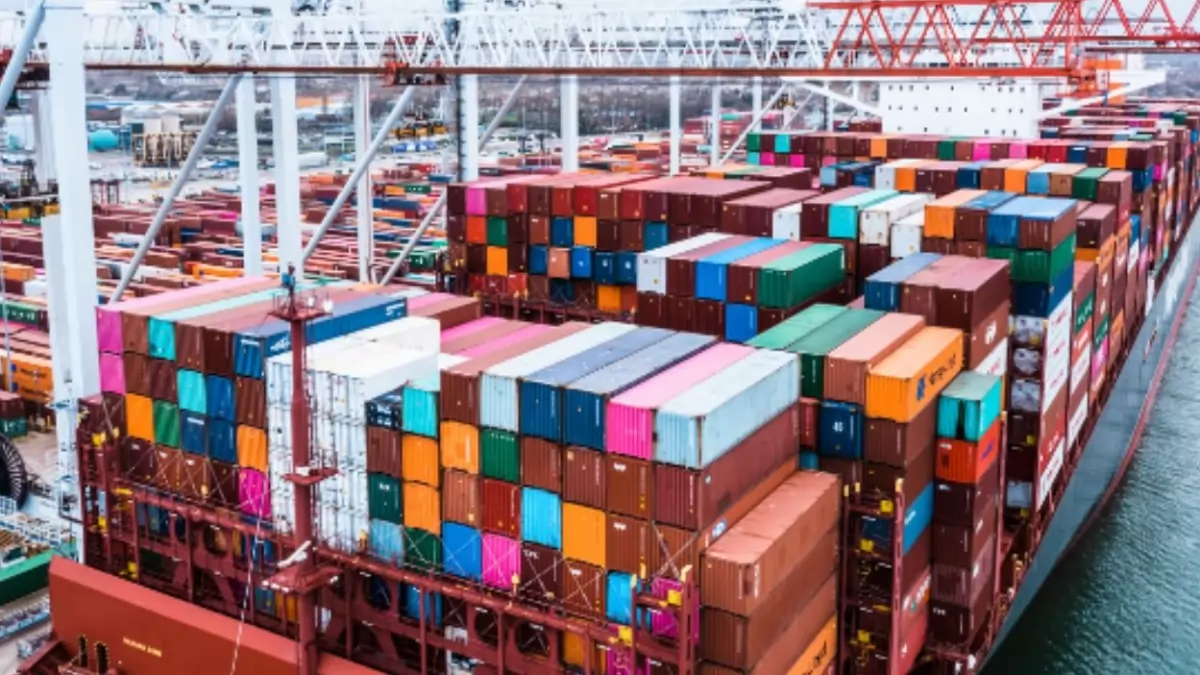
X
The recent surge in attacks on merchant vessels in the Red Sea has indeed had a significant impact on transportation costs, tripling them according to the CEO of an Indian shipping firm. This is a worrying development with cascading consequences across the global economy.
Asserting on the attacks on merchant ships by Yemen-backed armed Houthi rebels in the Red Sea, Raajesh Bhojwani, the Chief Executive Officer (CEO) of RBB Ship Chartering, on Friday stated that the shipping costs have gone up manifold in the wake of these incidents.
RBB Ship Chartering deals in ship chartering services that includes dry bulk cargo shipping and various types of vessel charters.
"These incidents in the Red Sea are a cause for concern for the shipping industry. The Europe-bound containers of cargo companies are taking the Cape of Good Hope route instead of the Suez Canal after these incidents on sea came to light. However, this re-routing of the shipping assets has led to a trippling of the transportation cost," Bhojwani told ANI on Friday.
#WATCH | Gujarat: CEO & MD, RBB Ship Chartering Raajesh Bhojwani speaks on the Red Sea conflict & its impact on the shipping industry and exporters. pic.twitter.com/pIfv8GobIx
— ANI (@ANI) January 12, 2024
Reduced supply: Several major shipping companies, like Maersk and MSC, have suspended operations in the Red Sea due to security concerns. This reduction in available vessels creates a supply shortage, driving up prices.
Rerouting: With the Red Sea deemed unsafe, ships are being rerouted around the Cape of Good Hope in South Africa, adding significantly to journey times and fuel costs. These increased operational expenses are passed on to customers in the form of higher transportation fees.
Insurance hikes: The heightened risk in the Red Sea has prompted insurance companies to raise premiums drastically, further adding to the financial burden for shipping companies and ultimately, consumers.
The higher transportation costs inevitably translate to higher final product prices for consumers. This could exacerbate existing inflationary pressures across the globe. Meanwhile, the disruption in the Red Sea, a crucial trade route, could lead to delays and shortages in various goods, impacting various industries and potentially leading to job losses. The attacks are part of a larger conflict in Yemen, and the disruption they cause could have wider geopolitical ramifications, potentially affecting energy supplies and international relations.





Copyright © 2025 Top Indian News
